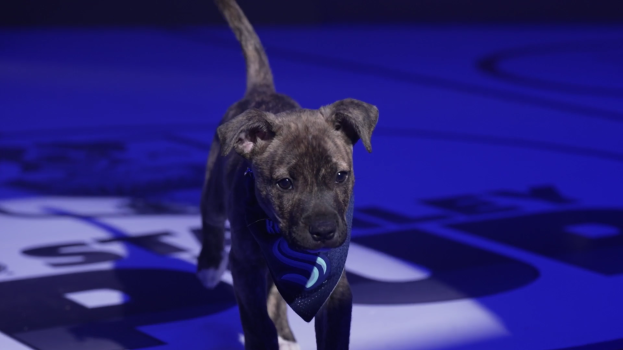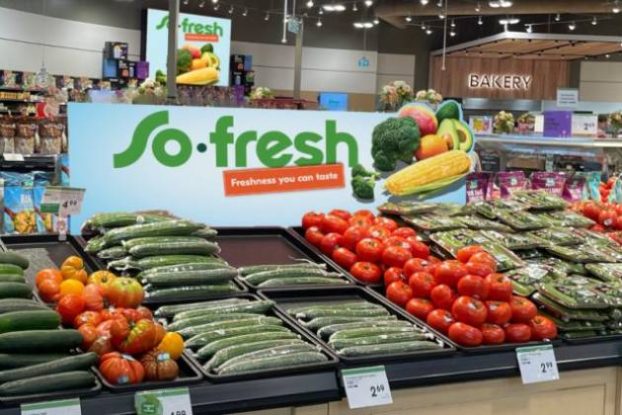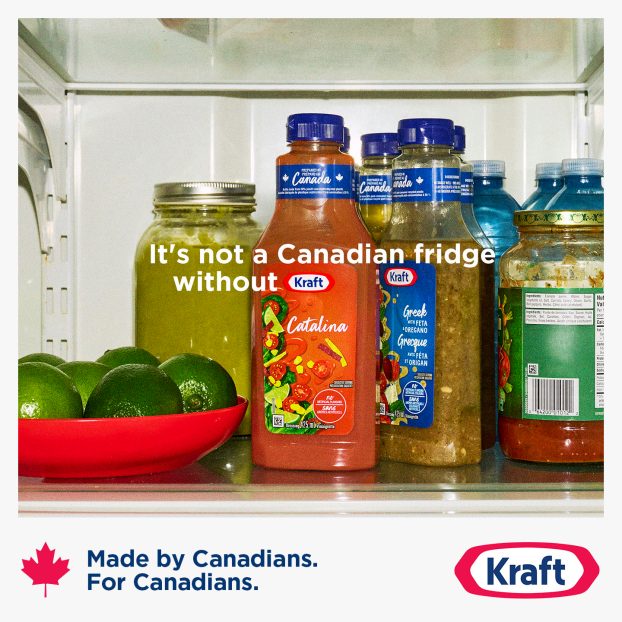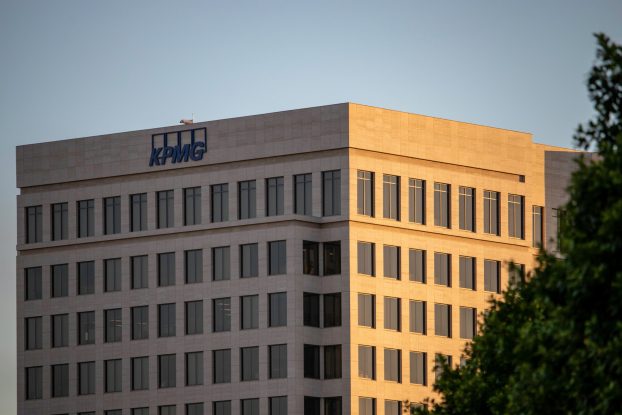This story was updated at 3:40 p.m. to reflect Sobeys also ending its “Hero Pay” program.
Even as social distancing and safety protocols remain in place at stores, all three of Canada’s largest grocery companies have announced that they are ending pay increases for its front-line staff.
Loblaw’s $2 an hour raise – first announced in March and extended multiple times since – will not be renewed past the current expiration date of June 13. Metro’s pay increases are also set to expire on Saturday. On Friday afternoon, Sobeys said its “hero pay” program – which included an automatic $50 weekly pay bump in addition to an extra $2 an hour for those working more than 20 hours a week – would be ending as well.
According to Unifor, a union that represents Loblaw workers, the company agreed to use $25 million to pay a one-time bonus to its front-line staff equivalent to two weeks worth of the pay increase, based on the average number of hours worked over the last 14 weeks. For someone who works 40 hours a week, the bonus will total $160. Metro will give full-time employees a one-time bonus of $200, with part-time workers receiving $100. Sobeys will also provide a one-time bonus equivalent to two weeks worth of the premium, based on average hours worked, and letter from the company says a discount program for employees that was planned for March 2021 has been fast-tracked to this fall.
The changes at Loblaw were first announced in a letter to employees Thursday from president Sarah Davis, and conveyed to customers by executive chairman Galen Weston in his regular email to customers, which have frequently sought to create a sense of “togetherness” to comfort customers during the pandemic.
“As the economy slowly reopens and Canadians begin to return to work, we believe it is the right time to end the temporary pay premium we introduced at the beginning of the pandemic,” Weston said in Thursday’s email. “Things have now stabilized in our supermarkets and drug stores. After extending the premium multiple times, we are confident our colleagues are operating safely and effectively in a new normal.”
Weston added that he is “a strong believer” in a progressive minimum wage, though qualified that statement by saying he would support government-led efforts to establish a living wage.
“These workers are no less at risk and are no less essential today than they were yesterday,” Unifor national president Jerry Dias said in a press release addressing the move. “There is no justification for ending pandemic pay now, or ever.”
Public reaction to the change was swift, with “#BoycottLoblaws” trending on Twitter into Friday afternoon. Many have pointed out that Loblaw reported $240 million in profits in its most recent quarter, up by $42 million year-over-year. Metro’s net earnings were $176.2 million during its most recent quarter, a year-over-year increase of $54.7 million. Neither company has said if it has instituted salary reductions for executives, as other companies did at the beginning of the pandemic.
“Being profitable isn’t a crime – in fact, it should be a sign that you are doing things right,” says Philippe Garneau, president and CCO of GWP Brand Engineering. “But it doesn’t mean that all the things you are doing are right.”
In addition to weekly emails from Weston, both Loblaws and Sobeys are among those that have relied on “we are all in this together”-style ads and communications during the pandemic, focusing on the role their frontline staff have played in keeping consumers safe and giving them access to the products they need. Increasing pay for its workers, many of whom make minimum wage, was a way to back that up. Any retailer, regardless of sector, is going to create anger among consumers by ending it, says Garneau, but he is doubtful that any kind of boycott will stick.
“Just think how we all felt when they said they would raise the wages,” Garneau says. “A lot of goodwill went their way. They started to look like George from It’s a Wonderful Life, sticking up for the little guy. Will people vote with their wallets and punish brands that walk back the raises? There are too many elements involved in choosing where you shop for essentials to [easily] switch. But the public opinion race will be won by the brand that doesn’t reduce the new wage.”
He also says it would be wise for these retailers to pivot their messaging – anything that is focused on employees or service would risk “relighting the fuse.”
“Organizations don’t create revolutions, people do,” Garneau says. “Activism could keep this evergreen and, right now, public opinion would be on the side of the essential workers. But the bottom line is that everything fizzles out eventually.”
























